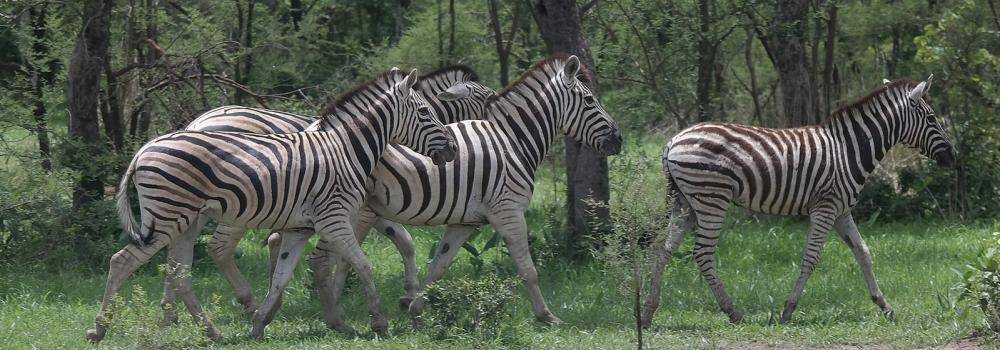
Overview
Nigeria’s environmental education landscape includes efforts from the academic, non-profit, government, and private sectors. Teacher training programs at a number of universities provide K-12 teachers the opportunity to specialize in EE, and non-governmental organizations (NGOs) across health, conservation, and education sectors have successfully incorporated EE into their programming, demonstrating the importance of EE for the environment as well as individual and community well-being in Nigeria.
Policy & Practice
EE in K-12 Education
Although EE is not formally included in national curricula, it is incorporated in the multidisciplinary educational approaches in primary education, and both public and private schools have practiced EE through outdoor education activities.
However, much of the EE programming in K-12 education has come from outside the school system, primarily from NGOs and corporations. For example, the Hacey Health Initiative developed the Student Environmental Education Program (SEEP), which focuses on promoting life-skills based changes in students, to develop their appreciation of the environment and empower them to take action for both the environment and their communities. Furthermore, the International Support Network for African Development (ISNAD-Africa), a Nigerian-based NGO, supports students in African universities who are carrying out research on various environmental topics through its Mentoring for Research Programme. ISNAD-Africa is also launching an EE program with high school students in Nigeria and across Africa. The Nigerian Conservation Foundation also has an active EE program, through which they support a network of NCF School Conservation Clubs, and provide a range of environmental resources for teachers and students. Other examples that have used EE in their programming include the Health of the Mother Earth Foundation’s (HOMEF) sustainability trainings and environmental justice advocacy, and Leap Environmental Projects Limited’s orchard project in a public secondary school as part of its corporate social responsibility programming.
Professional Development
Programs such as the University of Calabar’s teacher training program, which offers a specialization in EE, also provides K-12 teachers with the tools and knowledge to infuse environmental issues into their pedagogy. Other universities, such as the University of Benin’s Department of Health Safety and Environmental Education (in the Faculty of Education), and the University of Lagos’ Centre for Environment and Science Education, also host various academic EE programs.
These academic programs also organize a number of EE seminars, workshops, and conferences each year, however these professional development opportunities are not widespread in Nigeria.
Leadership
National Associations
There is currently no national association for EE in Nigeria, however the University of Calabar is currently exploring the potential of launching one. Although EE is not widespread throughout curricula and environmental programming in the country, there are scattered efforts by multiple stakeholders to reach diverse groups EE. However, to date there is limited capacity to connect these efforts to learn from one another.
EE in National Government
There is currently no national government office dedicated to EE. However, if EE were to be incorporated into national curricula at the primary and secondary school levels, such an office would likely be established.
National EE Campaigns and Funding
Although EE training programs at universities are paid for by student enrollment fees, there are very few of these programs available. Professional development opportunities are similarly paid for by student fees or through government support. As most of the EE programming is led by environmental NGOs, much of the EE landscape in Nigeria is funded by grants and donations. There are also examples of the private sector leading EE initiatives through their corporate social responsibility efforts (see Policy & Practice).
